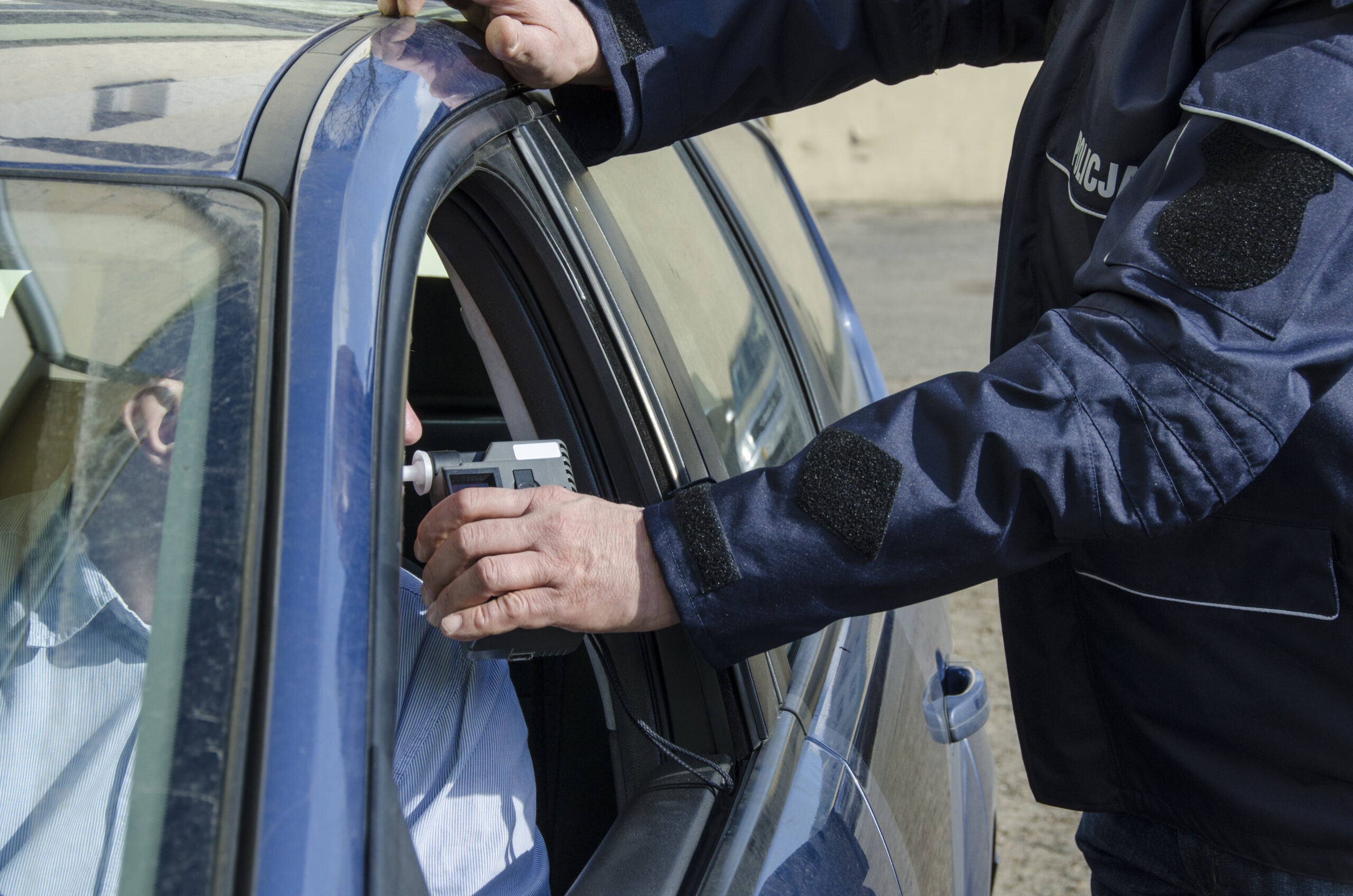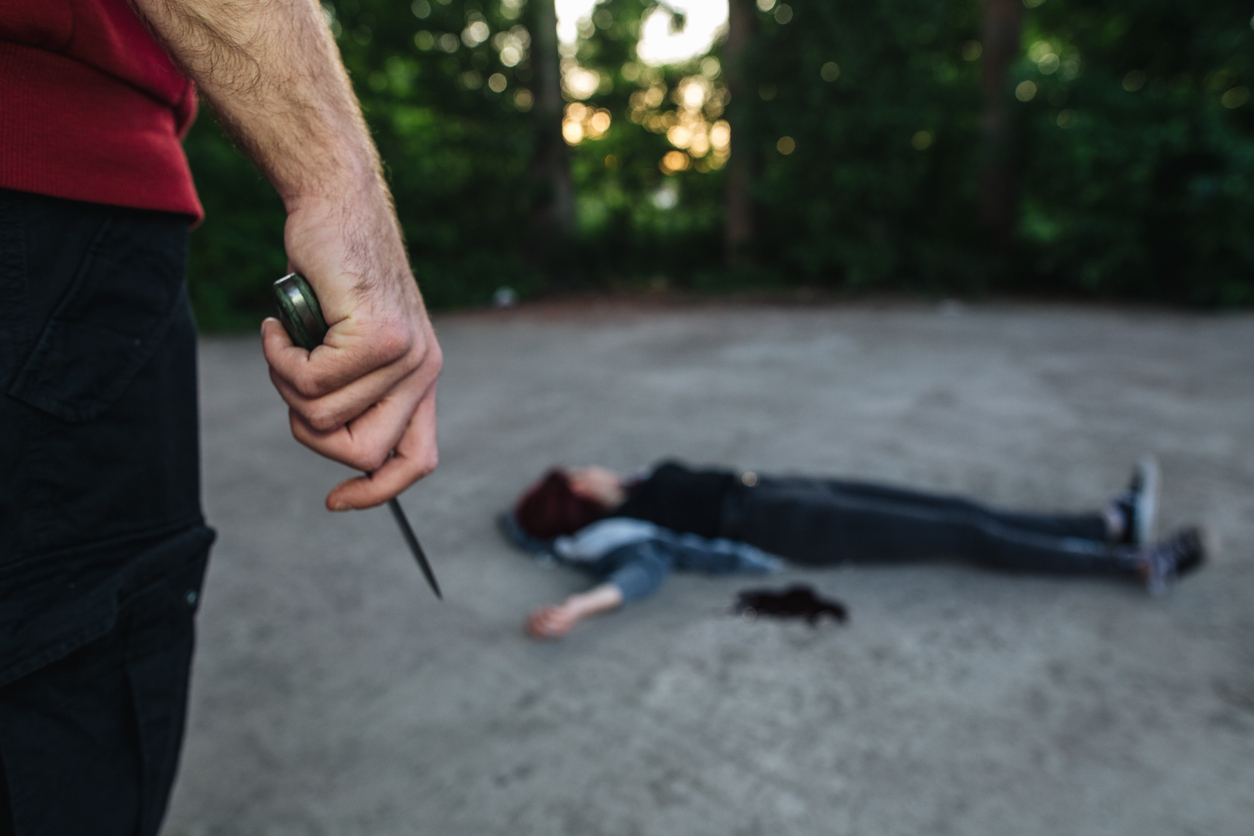Can You Refuse a Breathalyzer Test?
If you’ve ever been pulled over after having a drink or two, you know how scary it can be. Even if you know that you’re not impaired, it can still be unnerving to see the lights flashing behind you and have a police officer asking you to take a field sobriety test. The Breathalyzer is one such test. It requires you to blow into a device that can detect your blood alcohol level through your breath. If it shows that you are over the legal limit in Ontario of 0.08% or 0.08 grams of alcohol per 100 millilitres of blood, you can be charged with driving under the influence. Keep reading to find out whether you can refuse a Breathalyzer test and what happens if you do.
Do Officers Need Probable Cause to Request That You Take a Breathalyzer?
Prior to December 2018, officers had to have probable cause to request that you take a field sobriety test. This meant that the officer had to have a reasonable suspicion that you were driving under the influence to be able to request the test. Examples of this could be a smell of alcohol in the car or coming from your person, having an open container in the vehicle, or displaying DUI behaviours, such as failing to maintain your lane.
However, this changed when the law was updated to allow an officer to request that you take a field sobriety test such as a Breathalyzer without needing probable cause. This means that an officer can request that you take the test without needing any specific indication that you may be under the influence. The only requirement is that the officer must have the Breathalyzer device on their person or in their car.
Charge for Refusing a Breathalyzer
While an officer isn’t going to physically force you to blow into the device, refusing to take the test is a criminal offence under the Criminal Code of Canada, section 320.15(1). The formal charge is “failure or refusal to comply with a demand.” Depending on the circumstances of the case, you may also be charged with driving under the influence or causing an accident that resulted in bodily harm if you were involved in a crash that resulted in injuries.
Consequences of Refusing a Breathalyzer
If you refuse to comply with the officer’s request to take a Breathalyzer test, you can face the same potential penalties as a driving under the influence charge. This is because failing to comply with a request for a Breathalyzer test is treated the same as taking and failing the test. While the exact penalties can vary depending on the specific case, there are minimum penalties imposed for failing to comply with a demand for a Breathalyzer. For a first offence, the minimum penalty is a $2,000 fine. If it’s a second offence, the minimum penalty is 30 days in jail. For each subsequent offence, the minimum penalty is 120 days in jail.
While the above are the minimum penalties, it’s also possible to be given a harsher sentence. A failure to comply with a demand charge can also result in up to 2 years in jail if it is a summary conviction. You could also lose your driver’s license for 90 days, have your vehicle impounded, and have to pay court fees and a fee to get your license reinstated after the suspension period.
If this is not your first offence, you may also be forced to attend a mandatory education program or have an ignition interlock device installed on your vehicle. This device requires you to blow into it to show that you are not impaired every time you start your car.
As you can see, the penalties for refusing to take a Breathalyzer are significant, and it’s important that you understand what your refusal means as far as criminal charges and being able to drive in the future. If you have questions about anything related to a traffic stop or being suspected of driving under the influence, a criminal defense lawyer can help.
How a Criminal Defence Lawyer Can Help
If you are facing criminal charges related to failing to comply with an order for a Breathalyzer or driving under the influence, a lawyer can advise you of your options. Depending on the exact details of your case, you may be able to fight back against these charges. For example, if the officer didn’t clearly explain what would happen if you refused the Breathalyzer, you may be able to consider this in your defence. Also, if the officers infringed upon your rights at any point during the stop, it might impact their case against you and may prove valuable to your defence strategy.
When you work with a criminal defence lawyer, you get the benefit of their years of experience and their in-depth legal knowledge. A lawyer knows what to look for in your case and what common areas officers can overstep or not follow proper procedure — all of which can help you if you are charged with a crime in Ontario.
If you refused a Breathalyzer test and are now facing charges, or you failed a field sobriety test, it’s important to speak with a criminal defence lawyer as soon as possible. While refusing to take a Breathalyzer test can result in automatic charges, you may have some legal options to fight other related charges that were the results of the traffic stop, or to mitigate the potential penalties. Find out what your rights are and how you can defend yourself against these charges when you call AR Law Barrister & Solicitor.
 647-503-5251
647-503-5251






